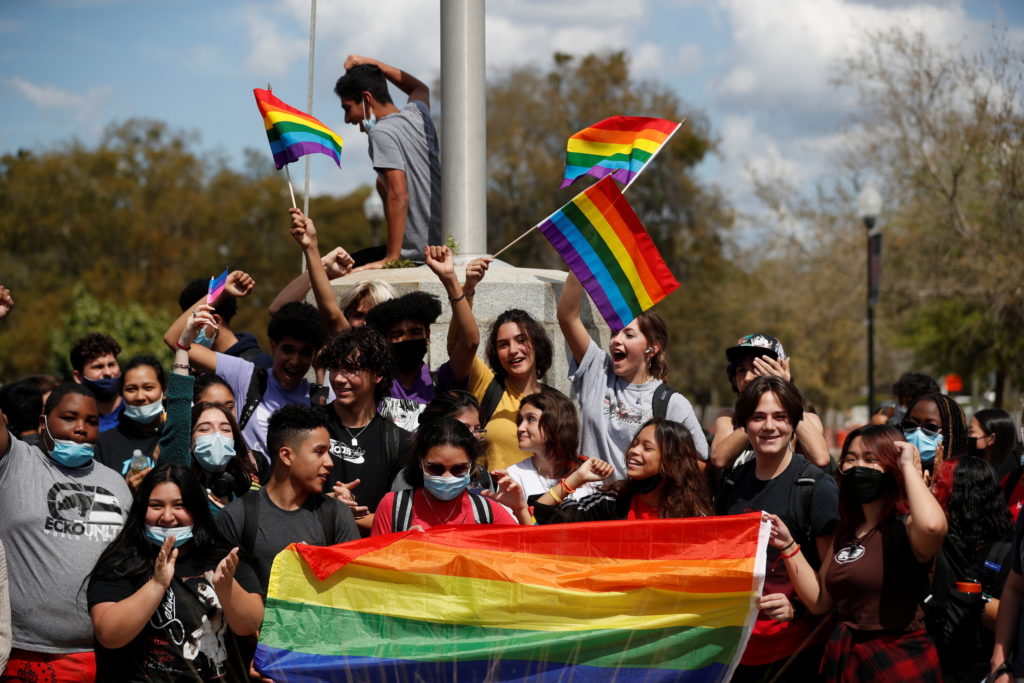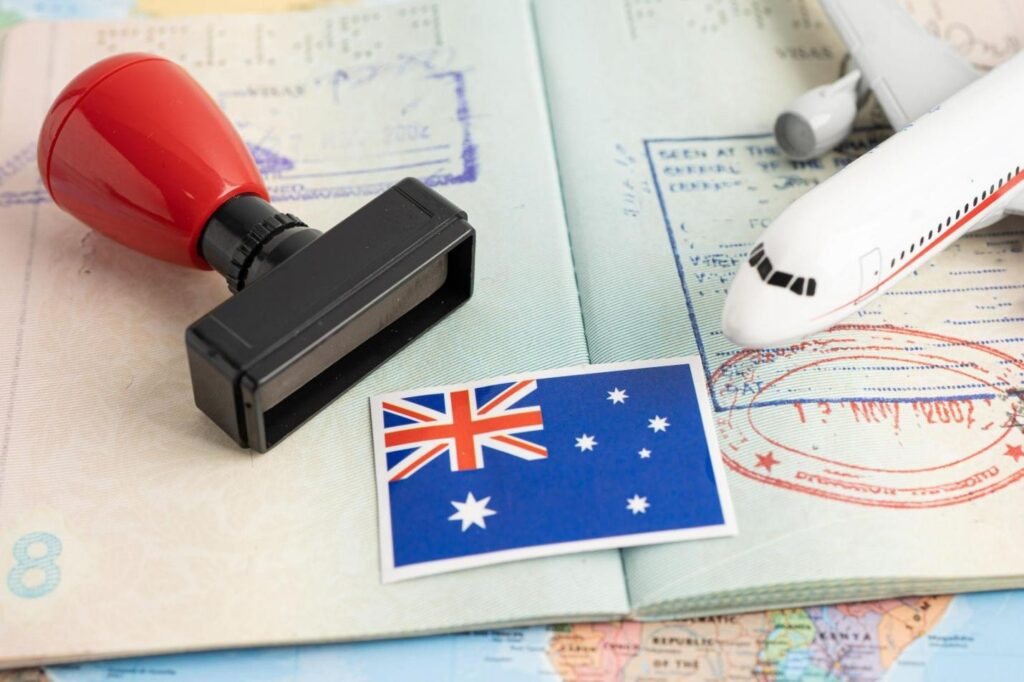“Equality knows no boundaries. Stand up, speak out, and embrace diversity for a brighter, inclusive world.”
LGBTQ+ rights and discrimination issues are significant topics that have gained increasing attention worldwide. The LGBTQ+ community encompasses individuals who identify as lesbian, gay, bisexual, transgender, queer, and other diverse sexual orientations and gender identities. Despite progress in some regions, discrimination and human rights violations against LGBTQ+ individuals persist in many parts of the world. This introduction sets the stage for a deeper exploration of the challenges faced by the LGBTQ+ community and the ongoing fight for equality and acceptance.
The History and Evolution of LGBTQ+ Rights Movements
The history and evolution of LGBTQ+ rights movements have been marked by significant milestones and struggles. Throughout the years, LGBTQ+ individuals and their allies have fought tirelessly to secure equal rights and protections in various parts of the world. This article aims to provide an overview of the key events and movements that have shaped the LGBTQ+ rights landscape globally.
The modern LGBTQ+ rights movement can trace its roots back to the Stonewall Riots in New York City in 1969. This event, sparked by a police raid on the Stonewall Inn, a popular gay bar, ignited a wave of protests and demonstrations. It served as a catalyst for the formation of numerous LGBTQ+ organizations and advocacy groups, demanding an end to discrimination and the recognition of their rights.
In the following decades, LGBTQ+ activists and organizations began to gain momentum, pushing for legal reforms and societal acceptance. The 1970s witnessed the emergence of Pride parades, which became an annual celebration of LGBTQ+ identity and a platform for demanding equal rights. These parades continue to be held worldwide, serving as a visible symbol of LGBTQ+ pride and resilience.
The fight for LGBTQ+ rights gained further traction in the 1980s with the onset of the HIV/AIDS epidemic. The devastating impact of the disease on the LGBTQ+ community led to increased activism and a demand for better healthcare, prevention, and support services. This period also saw the emergence of prominent LGBTQ+ organizations, such as the Human Rights Campaign and GLAAD, which played a crucial role in advocating for LGBTQ+ rights on a national and international level.
As the LGBTQ+ rights movement gained momentum, significant legal victories were achieved. In 1993, the World Health Organization removed homosexuality from its list of mental disorders, challenging the long-standing stigmatization of LGBTQ+ individuals. The Netherlands became the first country to legalize same-sex marriage in 2001, setting a precedent for other nations to follow suit.
However, progress has not been uniform across the globe. Many countries still criminalize same-sex relationships and subject LGBTQ+ individuals to discrimination and violence. In some cases, the situation has worsened, with the rise of anti-LGBTQ+ sentiment and the enactment of regressive laws. This highlights the ongoing challenges faced by the LGBTQ+ community and the need for continued advocacy and activism.
In recent years, there have been significant advancements in LGBTQ+ rights. In 2015, the United States Supreme Court legalized same-sex marriage nationwide, a landmark decision that reverberated globally. This ruling served as a catalyst for similar legal reforms in other countries, including Ireland, Australia, and Taiwan.
Despite these victories, LGBTQ+ individuals still face discrimination and marginalization in many parts of the world. Transgender rights, in particular, remain a pressing issue, with high rates of violence and limited legal protections. The fight for transgender rights has gained visibility and support in recent years, with increased awareness and advocacy efforts.
In conclusion, the history and evolution of LGBTQ+ rights movements have been marked by significant milestones and ongoing struggles. From the Stonewall Riots to the legalization of same-sex marriage, the LGBTQ+ community and its allies have made tremendous progress in securing equal rights and protections. However, challenges persist, with discrimination and violence still prevalent in many parts of the world. The fight for LGBTQ+ rights continues, driven by the resilience and determination of activists and organizations worldwide.
Current Challenges and Discrimination Faced by LGBTQ+ Individuals
LGBTQ+ rights and discrimination issues continue to be a pressing concern worldwide. Despite significant progress in recent years, many individuals within the LGBTQ+ community still face numerous challenges and forms of discrimination. This article aims to shed light on the current issues faced by LGBTQ+ individuals and the ongoing fight for equality.
One of the most prevalent challenges faced by LGBTQ+ individuals is societal discrimination. In many parts of the world, LGBTQ+ individuals are subjected to prejudice, stigma, and even violence due to their sexual orientation or gender identity. This discrimination can manifest in various ways, such as verbal abuse, physical attacks, or exclusion from social and economic opportunities. These acts of discrimination not only harm individuals but also perpetuate a culture of fear and inequality.
Legal discrimination is another significant hurdle faced by LGBTQ+ individuals. While progress has been made in some countries, many nations still have laws that criminalize same-sex relationships or transgender identities. These laws not only violate the basic human rights of LGBTQ+ individuals but also contribute to a hostile environment where discrimination is normalized. Even in countries where same-sex relationships are legal, LGBTQ+ individuals often face legal challenges when it comes to adoption, marriage, and employment protections.
Furthermore, LGBTQ+ youth are particularly vulnerable to discrimination and its detrimental effects. Many young individuals who identify as LGBTQ+ face bullying and harassment in schools, which can lead to higher rates of mental health issues, substance abuse, and even suicide. The lack of inclusive education and support systems exacerbates these challenges, leaving LGBTQ+ youth feeling isolated and unsupported.
Transgender individuals face unique challenges within the LGBTQ+ community. Transphobia, or the fear and hatred of transgender people, is a pervasive issue that leads to discrimination in various aspects of life. Transgender individuals often face barriers in accessing healthcare, employment, and housing. Additionally, the lack of legal recognition and protection for transgender individuals further compounds the challenges they face.
The intersectionality of LGBTQ+ identities with other marginalized groups also contributes to increased discrimination. LGBTQ+ individuals who are also racial or ethnic minorities, disabled, or from low-income backgrounds often face compounded discrimination. This intersectionality highlights the need for an inclusive approach to LGBTQ+ rights that addresses the specific challenges faced by individuals with multiple marginalized identities.
Despite these challenges, there have been significant advancements in LGBTQ+ rights globally. Many countries have decriminalized same-sex relationships, recognized same-sex marriage, and implemented anti-discrimination laws. International organizations and activists continue to advocate for LGBTQ+ rights, pushing for legal reforms and raising awareness about the discrimination faced by LGBTQ+ individuals.
In conclusion, the fight for LGBTQ+ rights and the elimination of discrimination is an ongoing battle. LGBTQ+ individuals face numerous challenges, including societal discrimination, legal barriers, and unique struggles for transgender individuals. The intersectionality of LGBTQ+ identities with other marginalized groups further compounds the discrimination faced by many individuals. However, progress has been made, and the tireless efforts of activists and organizations continue to push for equality and acceptance. It is crucial for societies worldwide to recognize and address these challenges to create a more inclusive and equitable future for all.
Promoting Inclusivity and Equality: Strategies for LGBTQ+ Rights Advocacy
Promoting Inclusivity and Equality: Strategies for LGBTQ+ Rights Advocacy
In recent years, there has been a growing global awareness of the importance of LGBTQ+ rights and the need to address discrimination faced by this community. While progress has been made in some parts of the world, there are still many challenges to overcome. This article will explore strategies for LGBTQ+ rights advocacy, focusing on promoting inclusivity and equality worldwide.
One of the most effective strategies for promoting LGBTQ+ rights is education. By raising awareness and providing accurate information about sexual orientation and gender identity, we can challenge stereotypes and misconceptions. Education should start at an early age, in schools and communities, to foster understanding and acceptance. It is crucial to teach children and young people about diversity and respect for all individuals, regardless of their sexual orientation or gender identity.
Another important strategy is legal reform. Many countries still have laws that criminalize same-sex relationships or discriminate against LGBTQ+ individuals. Advocacy efforts should focus on repealing these laws and enacting new legislation that protects the rights of LGBTQ+ people. This includes laws against discrimination in employment, housing, healthcare, and other areas of life. Legal protections are essential to ensure that LGBTQ+ individuals can live their lives free from discrimination and violence.
In addition to legal reform, LGBTQ+ rights advocacy should also address social and cultural attitudes. Changing societal norms and challenging deeply ingrained prejudices is a long-term process, but it is crucial for achieving true equality. This can be done through public campaigns, media representation, and engaging with religious and community leaders. By promoting positive narratives and highlighting the contributions of LGBTQ+ individuals, we can challenge stereotypes and foster acceptance.
Furthermore, collaboration and networking are essential for effective advocacy. LGBTQ+ rights organizations and activists should work together, both locally and internationally, to share knowledge, resources, and best practices. By forming alliances and building coalitions, the movement can amplify its impact and create a united front against discrimination. Collaboration also allows for the exchange of ideas and strategies, enabling advocates to learn from each other’s experiences and successes.
Another strategy for LGBTQ+ rights advocacy is engaging with policymakers and government institutions. By lobbying for inclusive policies and legislation, advocates can influence decision-making processes and ensure that the rights of LGBTQ+ individuals are protected. This includes advocating for the inclusion of LGBTQ+ issues in national and international human rights agendas. By working within existing systems, advocates can bring about meaningful change and hold governments accountable for their commitments to equality.
Finally, it is crucial to support and empower LGBTQ+ individuals themselves. This can be done through the provision of safe spaces, counseling services, and support networks. LGBTQ+ individuals often face higher rates of mental health issues and are more vulnerable to violence and discrimination. By providing resources and support, we can help them navigate these challenges and build resilience.
In conclusion, promoting inclusivity and equality is essential for LGBTQ+ rights advocacy worldwide. Strategies such as education, legal reform, challenging social attitudes, collaboration, engaging with policymakers, and supporting individuals are all crucial components of this work. By implementing these strategies, we can create a more inclusive and equal world for LGBTQ+ individuals, where they can live their lives free from discrimination and prejudice.In conclusion, LGBTQ+ rights and discrimination issues continue to be significant concerns worldwide. While progress has been made in some countries, many individuals still face discrimination, violence, and legal barriers based on their sexual orientation or gender identity. Efforts to promote equality and protect LGBTQ+ rights are crucial in order to create a more inclusive and accepting society for all individuals, regardless of their sexual orientation or gender identity.




